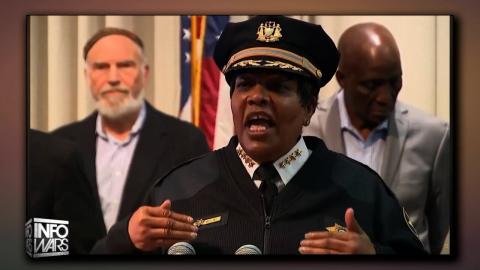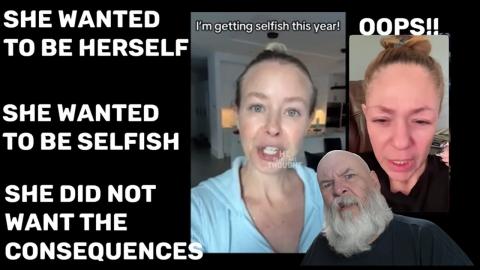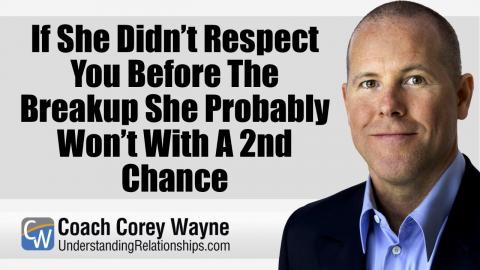How do you defend a domestic violence charge when it’s a “he said she said” situation?
In this Google Hangout, San Diego criminal lawyer David Shapiro answers an online question about domestic violence charges. If you have additional questions you may post them in the comments section below the video or visit him online at
https://www.davidpshapirolaw.c....om/san-diego-domesti
Joseph – My wife and I had an argument and the police were called. She said I pushed her, and they arrested me. She’s lying. There were no other witnesses, so how do I defend against the charge? Don’t the cops and judges always believe the woman?
Law Office of David P. Shapiro
3500 5th Avenue, Suite 304,
San Diego, CA 92103
619-295- 3555
Transcription of content:
- We're with David Shapiro. David is a San Diego criminal attorney and he's agreed to answer an online question that was posted specifically related to domestic violence, when it's a he-said she-said situation. So, David, let me go into the question that was asked. This question is from Joseph. "My wife and I had an argument and the police were called. She said I pushed her and they arrested me. She is lying. There were no other witnesses, so how do I defend against this charge? Don't the cops and judges always believe the woman?"
- Well, Joseph, interesting question. A question that I think is not uncommon. Unfortunately, many people like yourself, find yourself in this situation. To answer your question directly, and then we'll break it down a little bit. The police may believe the woman. The judges may or may not believe the woman. But, that's ultimately not what the case is going to come down to, because if the case ultimately winds up before a jury, it's going to be up to 12 jurors that need to be unanimously convinced beyond a reasonable doubt that the only reasonable interpretation of the evidence is what your wife would testify to, her story. Okay, so you have a couple of things in play here. Many times, police are called to investigate a domestic violence accusation. One spouse says that the other spouse hurt them. The other spouse says, "no way." A lot of times it's, "no, actually, he or she was the one who actually hit me. Not what the 911 call may say, not what my spouse is saying." And the police, particularly in San Diego, take a proactive stance. Hey, someone is going to jail. Okay, not to minimize going to jail and having to bail out. Possibly a $50,000 bail you know if the case is filed as corporal injury to a spouse, which is 273.5 of the penal code. Not to minimize what people go through when they have to go through that, and the finances and the emotional attachment and suffering caused by it. You know, it's ultimately going to be up to the prosecution to determine whether or not they think they can prove that case beyond a reasonable doubt without anything else to corroborate or anything else to confirm what, in this instance, your wife is saying. So, how do you defend against that? For starters, you keep your mouth closed. Meaning, you do not talk to the police. And try and answer questions other than, "I didn't touch her." If you want to say anything, "I didn't touch her." Because, what I've seen too many times is the police may say "she said you hit her four times." "Listen dude, if I hit her at all, it was once." Well, you think you're trying to do yourself a service, but what you're doing is you're admitting to possibly at least one instance. You're giving some credit to what she said. You're weighing the scales and tipping the scales more on her side, because you're adding validity and credibility to what she's saying. If you keep your mouth closed, the prosecution needs to prove it beyond a reasonable doubt. This whole he-said she-said thing is, in all likelihood, not even going to be enough if the case is charged as a felony, to survive a preliminary hearing, because it's not more likely than not that something happened if one person said it did and one person said it didn't without anything else there. It may not even survive that far. It certainly won't, or should not, survive a jury trial. Should not, emphasis on should not, result in a conviction. But you want to minimize what you say, until at the very least you speak to a qualified and competent criminal defense attorney, who can walk you through the process, who can analyze the reports, and who can say "Hey, if I was there, what would I have seen that night?" to get a better idea of what may or may not have happened. More importantly, what will be coming in court. And that's what you're looking at. Just because you're arrested, doesn't mean the case is gonna be charge in court. Just because the case is charged or filed in court doesn't mean it's gonna survive a preliminary hearing if it's a felony. Just because a case survives a preliminary hearing or if it's charge in court, it certainly doesn't mean you would be convicted if the case goes to trial.
0



 Coach_Corey_Wayne
Coach_Corey_Wayne
 Freshfit
Freshfit
 The David Knight Show
The David Knight Show
 The Alex Jones Show
The Alex Jones Show
 SoloMan Zone
SoloMan Zone

 StevenCrowder
StevenCrowder

 420Jon69
420Jon69
 Life_N_Times_of_Shane_T_Hanson
Life_N_Times_of_Shane_T_Hanson
 Hammerhand
Hammerhand

 KEEPER
KEEPER


 RT
RT



 GANG_STALKING_AUSTRLIA
GANG_STALKING_AUSTRLIA

Log in to comment
I Concur with the Lawyer on all his Main Points.
I've personally been through the Legal process & Court Case of a " “he said she said” scenario based on 2 Allegations against me. And even though it was a lengthy case ,I was Acquitted of both .
Thus, why I periodically State, " that Men should NOT always Assume a Woman's word Alone is Enough to Incriminate them; Especially when it gets to Criminal Court". The Mainstream Media may like to Spin or Sensationalize some of these Cases of Exception of a Woman's Victory as All Women Win with False Allegations without Evidence. Albeit, all these Legal cases may have some different Variables
However, I can Assure that in the " Real-World Criminal Court " , Not all Women and in Many of those cases of " he said she said” scenarios Win.... Matter of Fact, many Women lose the Case without Evidence.